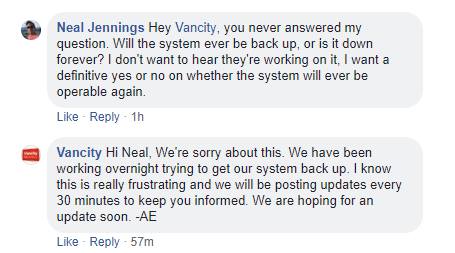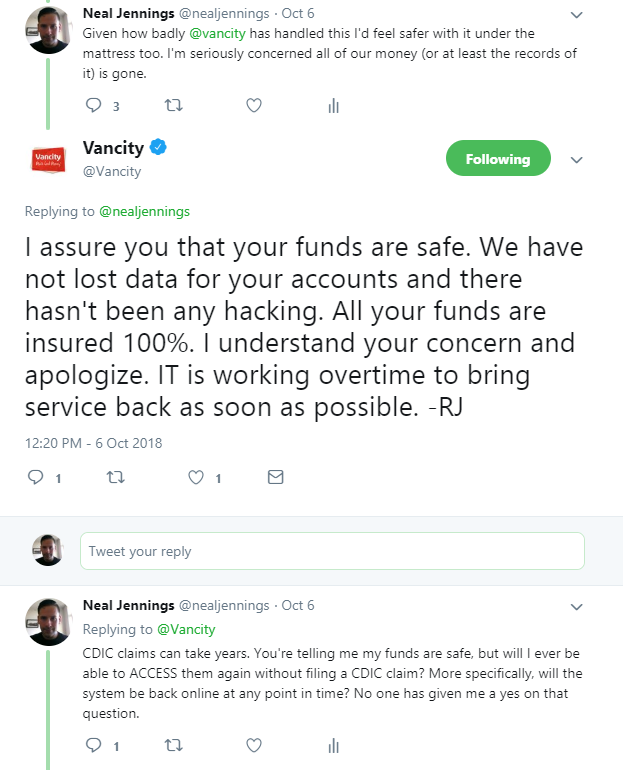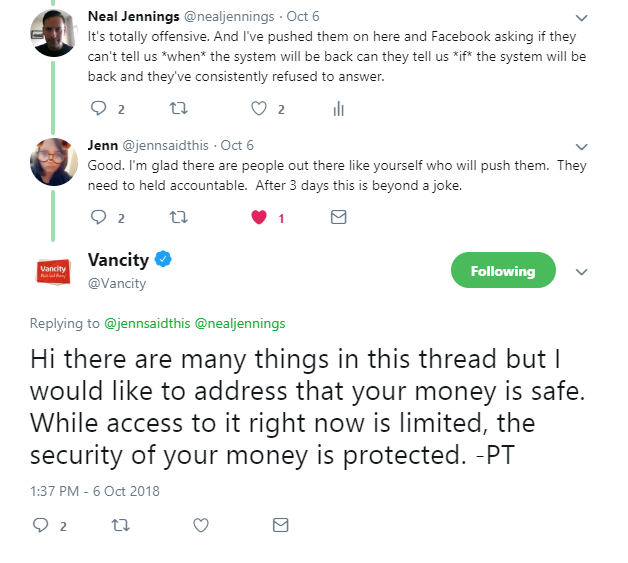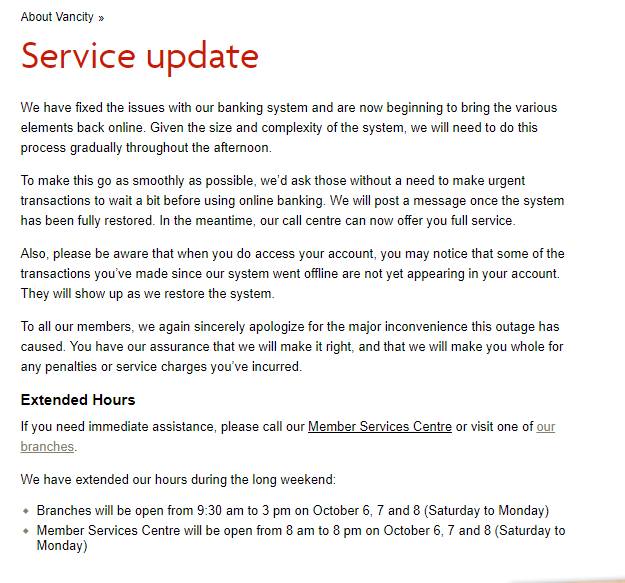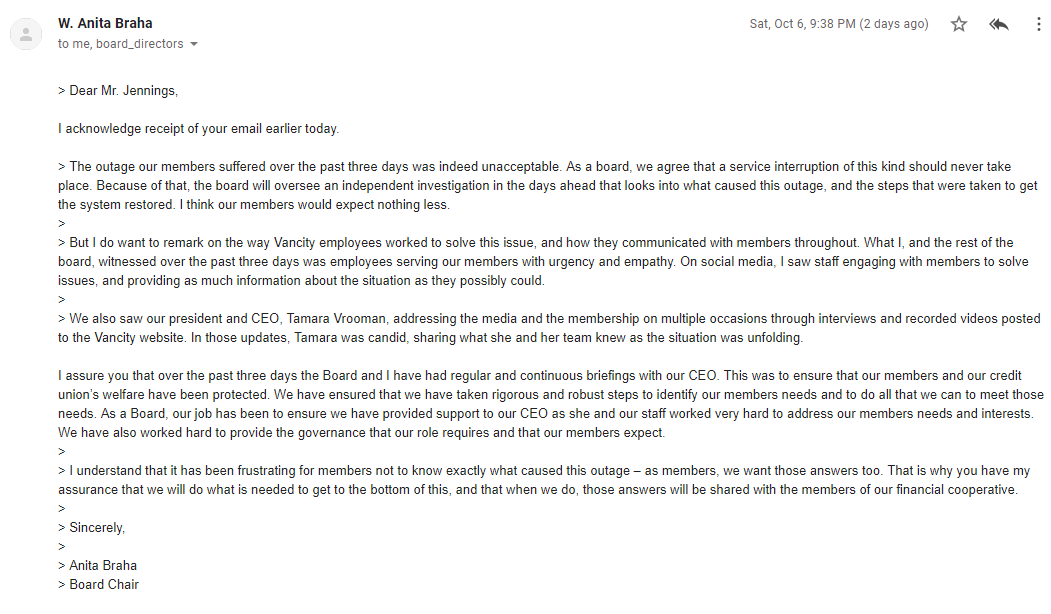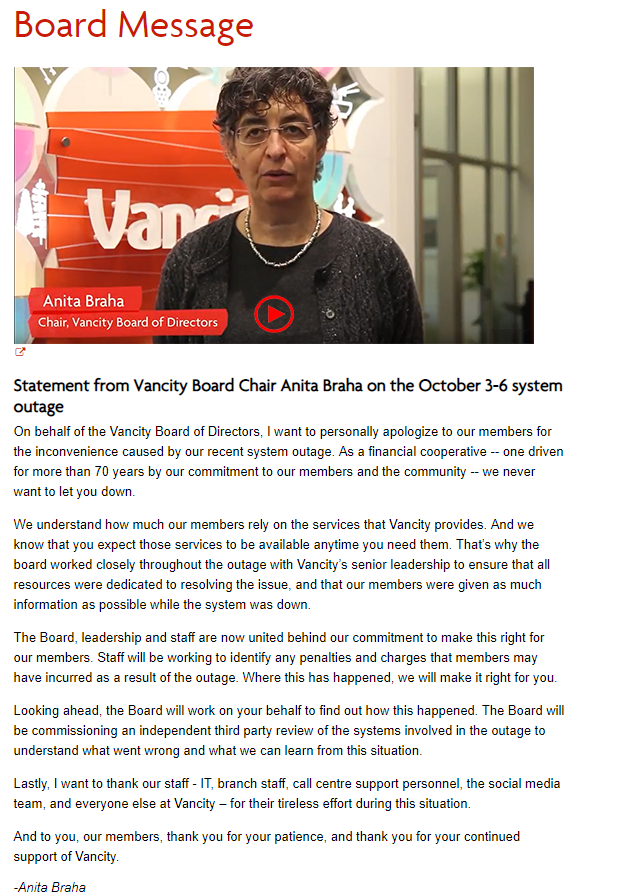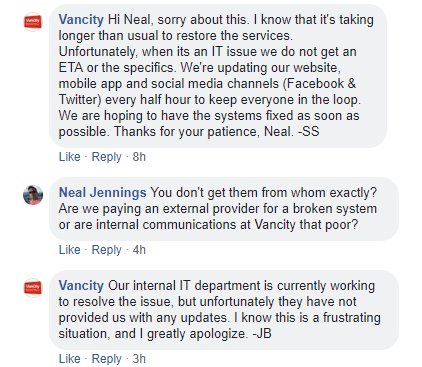I haven’t written here in awhile. Like, a very long while. It’s not that I haven’t had much to say, it’s that I have often not known how to say it these days, or that I’ve said it on Twitter. This post was originally going to be a Twitter thread, but it got super long so here it is on a blog. I wanted to take some time at the end of this ridiculous year to reflect on the last twelve months. This is a ride through my personal life for the last year.
I started the year on a good note, with a fun but perhaps embarrassingly drunk New Year’s Eve. I lost my favourite toque on the Mobi ride there, something I had since completely forgotten about until I reflected back on the evening just now. I reconnected with someone I had previously gone out with and was hopeful that relationship could have a future.
I was still in the midst of addressing a long unaddressed battle with anxiety and switched medications the first week of the year, which combined with more of my endless business travel to fuck up my sleep patterns for weeks. I found comfort in a longtime friend who had been through similar things, and with whom I occasionally flirted. More hopefulness for romantic life improvements.
Things levelled off, I finally had a breakthrough with a different close friend with whom I had an informal but growing relationship. The next week I visited Whistler for the first time in a few years, and had bad sex there with a guy from Grindr. Days later I came down with the worst flu of my life, which in retrospect may very well have been a case of CoViD that I picked up on the flight home from Toronto. The lingering cough lasted two full months.
February flew by, and I don’t remember a thing of significance. A look at my calendar shows me I had one single day where I didn’t have appointments or meetings or social events or concert or film tickets or business travel. The relationships and friendships that showed potential in January continued forward hopefully, though slowed by all my time out of province. The second half of the month came and tax season came early and I was swamped by the time I left for what was to be my last visit to Ontario for the year. I neglected to see a dentist about a worsening problem on one of my back teeth, procrastinating it to later.
I fell further behind into the beginning of March, but got a good brief visit with family and friends in Southern Ontario before a work trip to Ottawa. I came home March 8th exhausted and drowning in weeks’ worth of work, about to head into the worst of tax season, but I still had a full social and volunteer calendar! That week I managed a get together with a friend from out of town, two board meetings, and a concert at the Biltmore. I had concert tickets that Friday which were hit with what became the first of many many cancellations of the year. The cough from the unidentified illness I had in January finally went away that week.
The world shut down around me but all I knew, all I really knew, was that I was drowning in work. Everyone around me was being furloughed or shut in or just otherwise lost for how to spend their time and my work volume just grew and grew. In normal times I would’ve been swamped already, but now I had to research on the fly a series of brand new government programs, revised deadlines, and endless speculation, let alone figure out the new protocols for simply going out of my home every so often. Each day the prime minister stood in front of his home and changed my entire work environment, in an endless slow drip of announcements and programs and changes to programs. American states changed their filing deadlines with absolutely no coordination or clear communication. I filled what little spare time I had with neighbourhood walks, weed, live streaming concerts, and Disney+.
March blurred into April. New York, the last holdout, eventually announced at the last minute, via tweet, its own revised deadline. April 15 and 30, usually important deadlines but also significant cliffs for my work volume, fizzled into nothingness as May, June, and July became the new April. I tried out a food box service, having grown frustrated with the new supermarket experience. I finally got my head above water, and came gasping for air into a completely new world. Nothing made sense anymore, everyone was impatient, everything was cancelled.
May rolled around and we started being allowed to do things again, and I did the things, but none of it was the same. I began to venture further from home, and get out to visit the suburbs again. I am thankful for my e-bike. Work life levelled off to normal, as did my volunteering. Now everyone wanted to meet, meet, meet, online of course, when we would have dealt with things by email before. Somehow the move from meatspace meetings to digital meetings had led people to love meetings so much they want to have them all the time. I finally get my potholed tooth fixed and my hair cut. At least my physical self began to get back to normal. I all but lost touch with most of the promising relationships from earlier in the year.
Then it’s June somehow and I’m slowly catching up on work and life and attempting to spend time with the friends I haven’t seen in months. I questioned whether I would have seen them any more frequently if CoViD hadn’t happened. I still don’t know the answer to that question. Feeling cooped up, I planned a road trip to Kamloops and Whistler for late June. Phase 3 was scheduled for “June” so I figured I’d be fine. In the end, I got home from that trip two days before Phase 3 actually started. This is the first time I’ve posted publicly about having taken this trip at all. I have no regrets. This is also around the time I started experiencing tinnitus, and it’s been non-stop ever since.
July arrived and departed quickly. Summer is never long enough in BC, and we somehow hit the point where time is both flying and dragging and the year was barely half over. I got to see more friends again, and long-postponed small gatherings were happening again. I took another road trip, this time to Kelowna and Revelstoke, just days after a major outbreak in the former. After months of living the new normal, it was odd to be in places so clearly disinterested in following any kind of CoViD guidelines, but it was also somewhat refreshing. I avoided the crowds regardless, and enjoyed some time in nature. My anxiety, well under the control of medication at this point, flared up again in the presence of FOMO. I never schedule enough days on any vacation I take, but at least I left Revelstoke happy to have seen what I could, and better aware of my triggers. I somehow finished off the neverending pile of books that had been on my side table for nearly a decade. I bought more books.
I was barely home three weeks, but I managed to take an amazing whale watching tour from Vancouver, and then it was August. I tried to use the time to both get ahead on work and force myself to relax, with mixed results. I finally sought treatment for my tinnitus, ending up at a for-profit audiology company that immediately launched into aggressive hearing aid sales mode, and I accepted a demo pair. I took a trip to Thetis Island, which was an adventure to get to by bike but a very chill destination where I intentionally planned to do absolutely nothing. I mostly succeeded at this, though I was stressed about the new hearing aids the entire time.
I got back home, and the usual stresses of post-vacation work life were layered onto “it’s September and everyone else is back to work so it’s busy” and various other non-pandemic-related stressors that were all made just so slightly worse by the pandemic. I gave up on the hearing aids which only minimally helped the tinnitus, and found a not-for-profit audiologist who still recommended hearing aids but was much kinder and more considerate about it. The hearing aids have helped, but it still distresses me that I will never be able to experience silence again.
The Fringe Festival was miraculously revived and I went to every one of the first round of shows. The forest fire smoke settled in over the city and breathing outdoors was incredibly difficult, and there was a dual outbreak of moths for some reason. Dystopia somehow feels perfectly normal now and I’ve forgotten what the Before Times were like. Were they even real? Some friends move away.
Somehow October flies by. Work grows and shrinks, and grows and shrinks. I finally retired from two of the four boards I sat on, a plan I’d been working on for over a year. I felt less stressed just knowing I have put a bow on things, even if it took some time to transition. I grew increasingly exhausted with city life and with paying a mortgage and with my social life evaporating, and seriously contemplate moving away. I planned a trip to Pender Island for December to see if it would be somewhere I could live. We had an election for some reason, with an acceptable result. America was still having the election it was having a year ago, and I couldn’t help but be terrified at what felt like a growing threat of civil war very close to our shared border. I spent an evening writing most of this post and made a mental note to post it at the end of the year. More friends leave town.
And all of a sudden it’s November. A rollercoaster ride of US election results ends about as well as it could have, though really anything was better than Trump. With the change in season I find my life increasingly threatened on our city streets by reckless drivers again. CoViD cases in the Lower Mainland spiked and we went back to a hybrid of fewer social contacts and maximum commercial contacts, which was a strange response to people breaking the existing rules. What few social contacts I had restored earlier in the year evaporated again, and this time (with a few exceptions) people even disappeared from online chat. The texts and Facebook messages and so on just kind of stopped, and I soon realised how often I am the first to start a conversation. Maybe I’m expected to take the lead, maybe I’ve been a nuisance all along, but the silence becomes deafening, and honestly a bit depressing. I know not to take it personally and know that everyone is not living in normal circumstances, but the frustration was real. The month steamed forward despite nothing in particular actually happening, and all my plans to use November to get caught up on everything and then take it easy somehow fall to pieces while the month stays busy anyway. Yet more friends move away.
December arrived unexpectedly quickly. With continued uncertainty around whether or not travel restrictions will be lifted, I cancelled my trip to Pender Island before I lost my entire booking cost. My VRBO hosts very graciously refunded the full amount instead of the 50% I was entitled to, thanking me kindly for following the PHO orders. I briefly reconnect by text with one of the dating interests from earlier in the year; with restrictions firmly in place, this goes nowhere. The restrictions are extended through January and I find myself not having made the cut for anyone’s core bubble, destined to spend six weeks with no social contacts whatsoever but with the freedom to spend as much time as I like at as many retail establishments as possible. This feels patently unfair, but I have little say in the matter.
I decide to use the time I would have spent on my cancelled trip painting my apartment instead, a project I had been delaying for the last two years. I expected this to be a small project to keep me occupied in between sleeping in and reading. It turned into a massive time suck and I had one of the least relaxing vacations of my life. Around this time I also finally cave under the pressure of solitude and really start hurting. I lose patience with the people in my life who mean well but have no idea how privileged they are to have people in their lives. I feel alone and deeply, deeply, lonely. I become more aware of the people around me, neglecting their endlessly barking dog, smoking outside my window, throwing parties despite the endless rules forbidding this. My desire to flee has never been higher, and simultaneously has never been less possible to fulfill. I feel trapped in a home I have little control over, in a City that holds nothing for me, in a province with priorities that make little sense to me. Vaccines begin to arrive, but there is the very real possibility this will continue another six months. I honestly don’t know if I can take it. I find myself having difficulty sleeping, despite being very tired.
And now it’s Christmas. Thankfully, work and responsibilities and all the usual adulting tapers off, and I finally enjoy a couple days to do virtually nothing. I still feel compelled to find things to fill the time with, but I’ve mostly been succeeding at taking it easy. This has been, on balance, a shitty year and I am looking forward to 2021 changing course – even if it’ll take a while. I’m impatient, frustrated, and still a bit exhausted from this neverending year. I hope that the new year brings less of that, and more joy. I don’t know yet what 2021 has in store for me, what I will be doing, or even where I will be living. For once, I am making no plans, letting the ocean of life carry me where it may. I can only hope the tides are kind.
